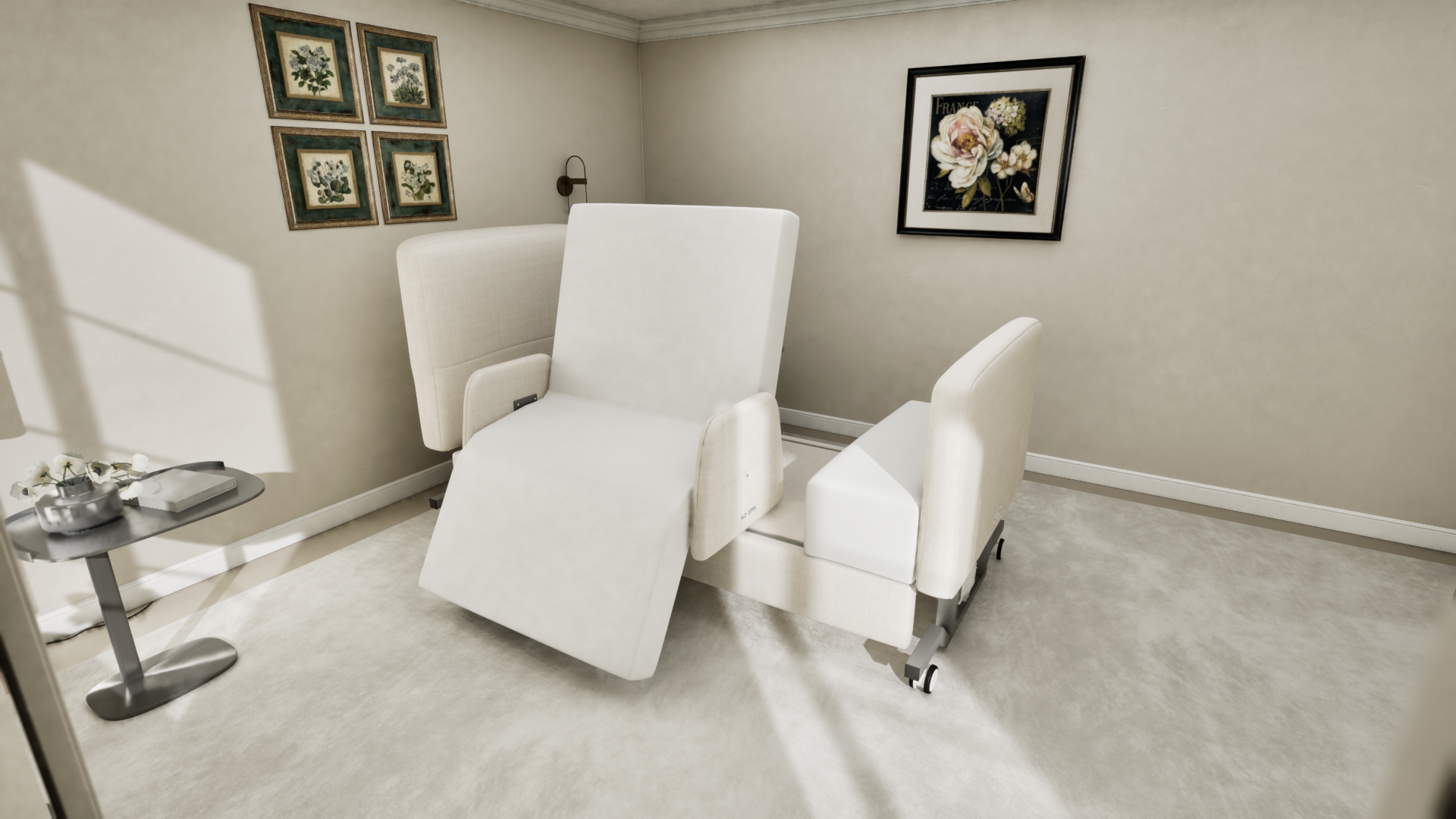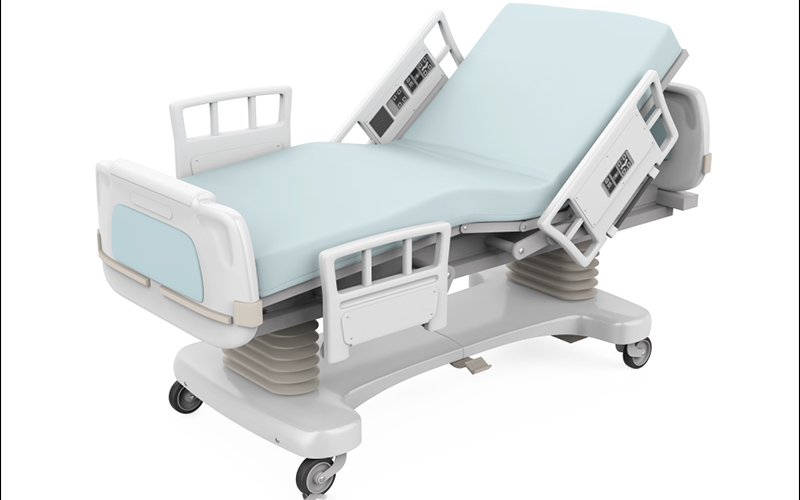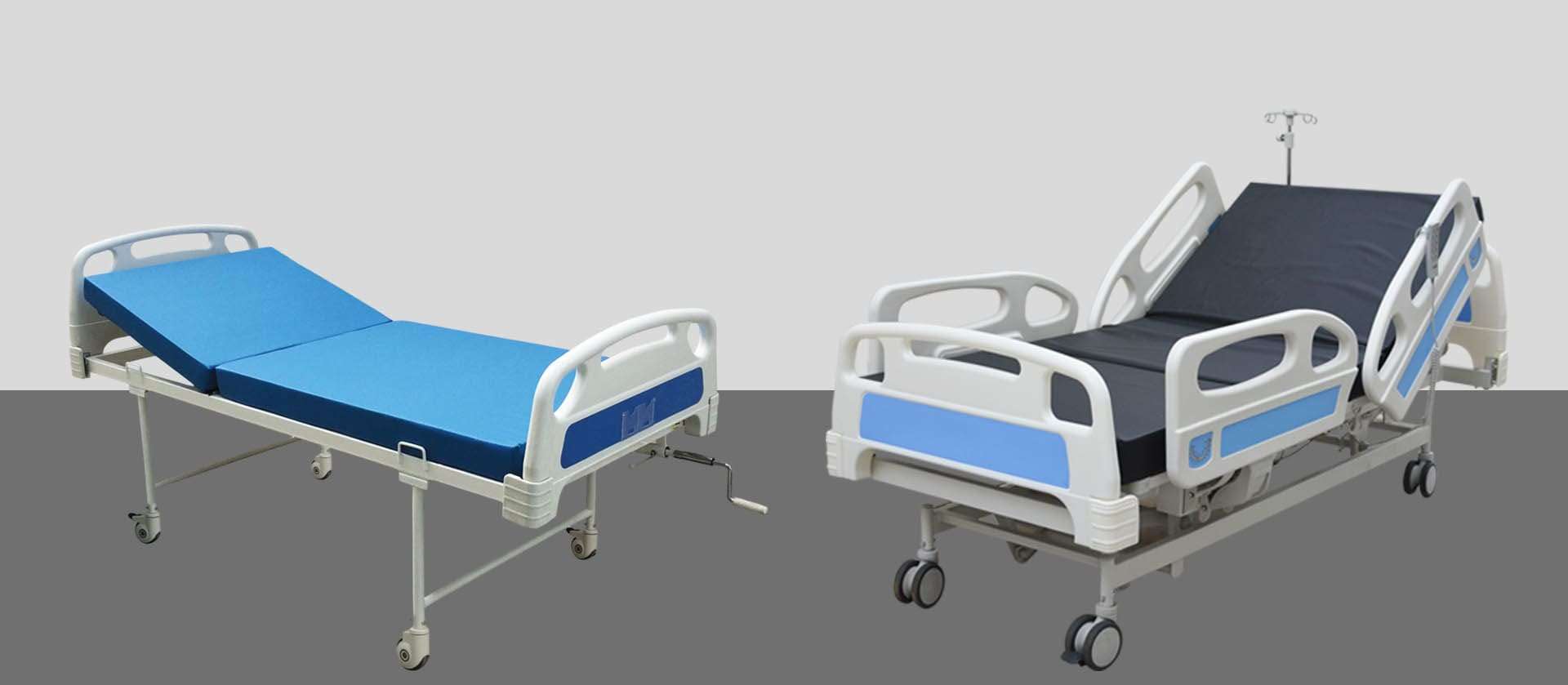The Basic Principles Of Hospital Beds For Home Use
The Basic Principles Of Hospital Beds For Home Use
Blog Article
Hospital Beds For Home Use Can Be Fun For Everyone
Table of ContentsExcitement About Hospital Beds For Home UseTop Guidelines Of Hospital Beds For Home UseTop Guidelines Of Hospital Beds For Home UseNot known Facts About Hospital Beds For Home UseThe Facts About Hospital Beds For Home Use UncoveredThe Hospital Beds For Home Use StatementsGet This Report on Hospital Beds For Home Use
There are three major kinds of healthcare facility beds: manual, semi-electric, and fully-electric. Even more types of clinical beds exist and they are provided below. These beds make use of hand cranks to adjust the bed's height and elevate and reduce the head and the foot. Hand cranks are typically located at the foot of the bed and need an individual that is literally qualified of operating.
Semi-electric beds have an electrical motor to elevate and reduce the head and foot parts of the bed (hospital beds for home use). Full-electric beds have an electric motor that can elevate the head and foot sections of the bed as well as the entire elevation and positioning of the bed.
Get This Report on Hospital Beds For Home Use
There are several kinds of hospital beds, each designed to satisfy particular client needs. Below are some usual kinds: This is the most typical type of medical facility bed, created for basic clinical usage.
Lower to the ground than a standard bed. This type of bed is made for bigger people, with a larger framework and higher weight ability than a typical bed.
This type of bed is created for critically ill people that require open surveillance and specialized clinical tools such as ventilators and mixture pumps. This kind of bed is developed for use throughout labor and delivery, with flexible positions and functions to support the mother and baby throughout the birth procedure.
The 7-Minute Rule for Hospital Beds For Home Use
Several feature and the accessories execute broadening traction to various components of the vertebra and the extremities without relocating the body. These are simply a couple of examples of the kinds of hospital beds offered. The particular type of bed utilized will rely on the client's problem, clinical requirements, and various other aspects.
Right here is things you need to understand. A one-function health center bed is a medical bed that permits a client to move just the head or foot area up or down. A 2 feature healthcare facility bed typically refers to a sort of medical bed that has 2 adjustable functions to assist clients in health centers or care facilities.

Little Known Facts About Hospital Beds For Home Use.
A 7-function ICU bed is a kind of medical bed that provides several adjustable functions to support critically unwell patients in a critical care unit (ICU) (hospital beds for home use). The 7 functions normally consist of: Backrest modification: The back-rest can be readjusted to various angles to help the client sit up or rest conveniently
Height change: The bed can be elevated or lowered to make it simpler for individuals to obtain in and out of bed, and for caregivers to give care. Trendelenburg position: The entire bed can be tilted to promote blood circulation and flow in the body. Reverse Trendelenburg placement: The bed can likewise be slanted in the contrary direction to advertise blood flow and blood circulation in the top body.
1. What Dimension is a Health Center Bed? 2. Exactly how Much Does a Healthcare Facility Bed Price? 3. Why Do Medical Facility Beds Have Side Bed Rails? 4. What Are The Key Medical Facility Bed Components?. While more economical than electric designs, these beds require exertion for modifications. The main advantages of hand-operated beds are their price and dependability, as they do not depend on electricity. Nevertheless, the demand for hand-operated effort can be a constraint in scenarios where quick adjustments are needed or where caretakers encounter physical challenges.
How Hospital Beds For Home Use can Save You Time, Stress, and Money.
Semi-electric medical facility beds offer a balance of handbook and electric controls. These beds offer an optimal middle ground between handbook and completely electric alternatives, supplying convenience of usage without the complete price of electric versions.
Semi-electric beds are well-suited for clients that require moderate changes to the head and foot areas yet can take care of without regular height adjustments. This makes them a cost-effective option for those seeking comfort and convenience without the need for consistent repositioning. Totally electrical hospital beds feature electrical controls for seamless changes to the elevation, head, and foot sections.
Specialty health center beds, such as ICU beds, long-term treatment beds, and bariatric beds, are very carefully created to resolve certain medical demands. These beds use customized take care of diverse individual groups, boosting both results and convenience. In the complying with sections, we will certainly discover the primary sorts of specialty hospital beds, outlining their details benefits and applications.
With years of experience in making electrical straight actuators - hospital beds for home use and close cooperation with the medical care industry, TiMOTION is well-positioned to supply dependable medical care options. Our vertically integrated business takes care of every step of the production process, from style to actuator setting up, guaranteeing we supply outstanding value and personalized remedies tailored to your certain requirements
A Biased View of Hospital Beds For Home Use

For more information regarding incorporating these modern technologies into your products, contact us today. Additional analysis:.
Data is sourced from the Medicare Expense Report. Accessed January 2025. Temporary intense treatment healthcare facilities have the highest typical number of beds at 187. They are the most common kind of health center in the united state and comprise greater than 50% of U.S. healthcare facilities. Children's health centers have 178 beds on average and VA healthcare facilities ordinary 175 beds.

A Biased View of Hospital Beds For Home Use
A healthcare facility bed is a bed created particularly for clinical purposes. It is not only a location for clients to rest, yet also click this a platform for clinical procedures. Unlike ordinary home beds, healthcare facility beds generally have adjustable attributes, which can assist in clinical team to make numerous changes according to the demands of clients, such as transforming the elevation, disposition, and support angle of the back and legs of the bed.
Report this page